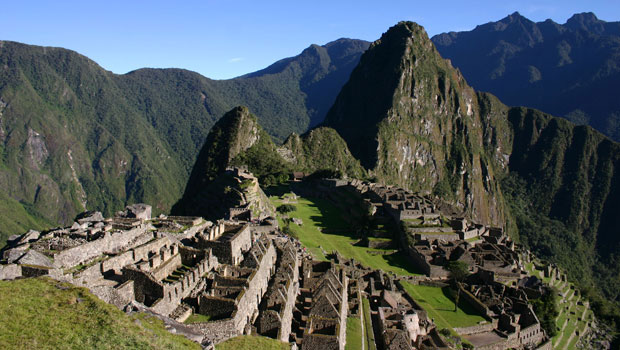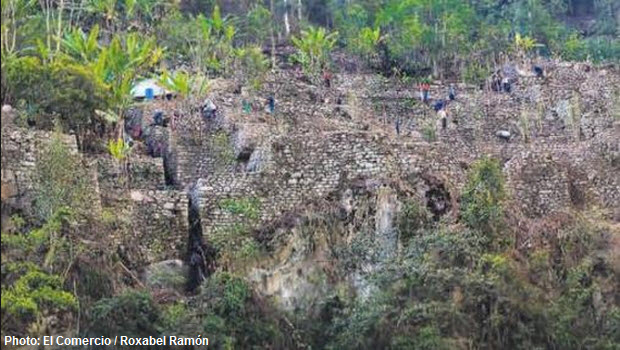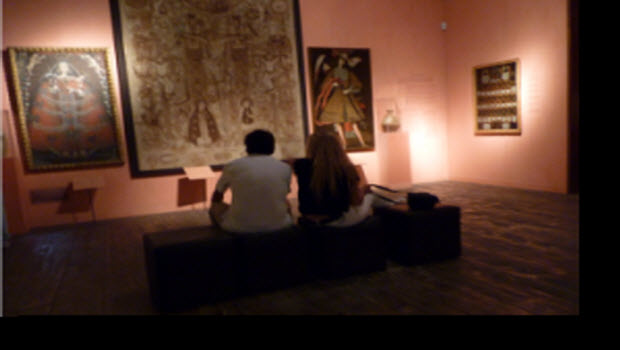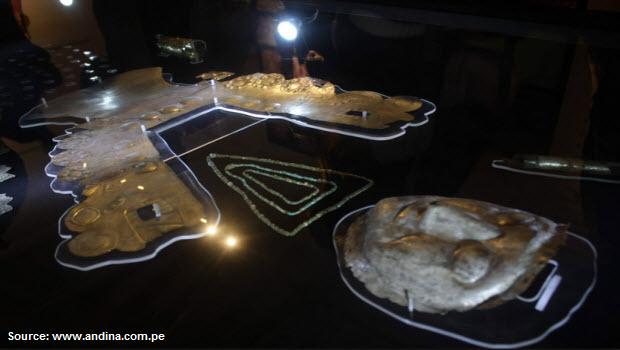Archaeological Sites
Machu Picchu closed to general public July 6-7 for 100th Anniversary bash
Peru’s Ministry of Culture has announced that Machu Picchu will be closed on July 6-7 to make way for the 100-year anniversary celebration of Hiram Bingham’s scientific discovery of the Inca citadel.
The Caretakers of Machu Picchu
Anthropologist Fernando Astete and his staff often receive well-deserved accolades for their work running the day-to-day operations of Machu Picchu, as well as overseeing the protection and preservation of the Inca citadel.
Podcast: Ancient Peruvian Cosmovision
Interview with Larco Museum Director Andrés lvarez Calderón
Vilca Lords and the Lord of Wari on exhibit in Cusco
This is one of those “missing link†discoveries — the type that gives Peruvian archaeology an unexpected push in a new direction, opening a whole new perspective.




